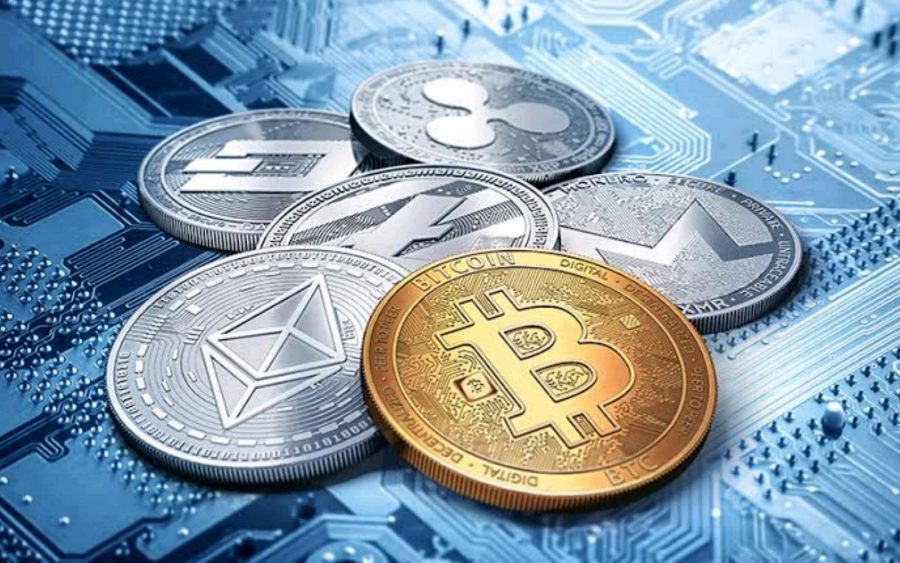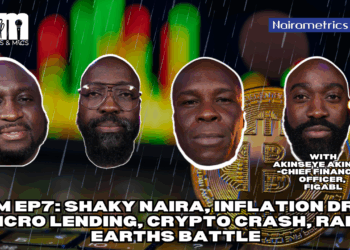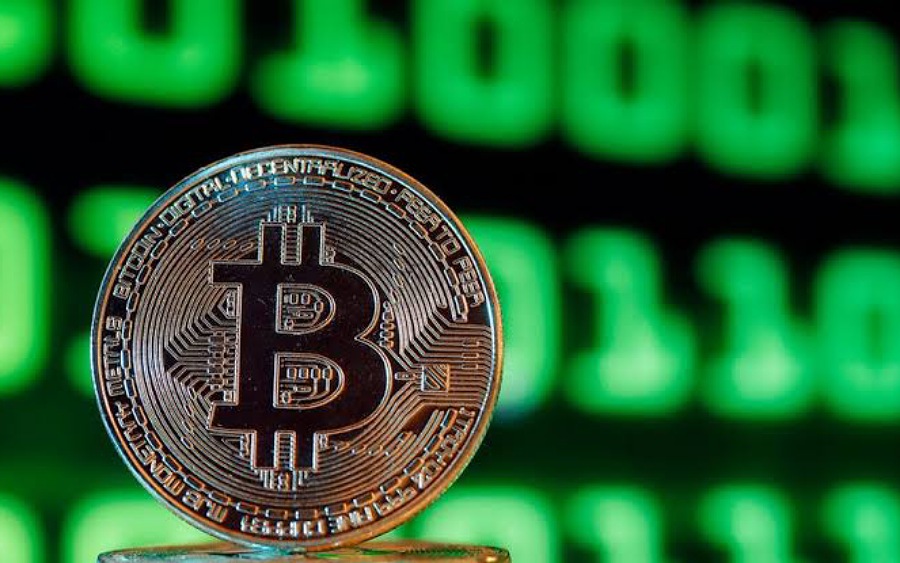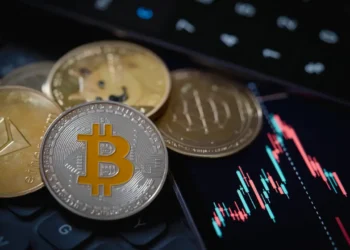In recent times, the human race with open hands has finally accepted the blockchain systems in making payment for goods and services, as data obtained from Messari’s top researcher, Ryan Watkins revealed BTC and ETH are on pace to settle a combined $1.3 trillion in transactions in 2020.
READ ALSO: There are now 13,173 BTC millionaires around the world
Strong settlement assurances are a necessity for public blockchains as they need to guarantee payments between untrusting and potentially unknown parties.
These settlement assurances are at the core of what allows public blockchains to scale globally.https://t.co/B0RvSwjKL3
— Ryan Watkins (@RyanWatkins_) July 21, 2020
These settlement assurances are at the core of what allows public blockchains to scale globally.
READ MORE: BTC scammers breach Twitter accounts of Bill Gates, Obama, Google, Apple, Uber

Quick fact: The purpose of these blockchain systems is to fully guarantee payments so that they cannot be repudiated, reversed, or charged back without the agreement of the recipient, and they’re meant to settle immediately.
Download the Nairametrics News App
While it’s true most individuals do not want to transact in volatile financial instruments like crypto though most would prefer to hold their BTCs or ETH for investment purposes, it’s not necessarily true they’re not used for payments at all. In each of the past 3 years, BTC and ETH have settled a combined $1 trillion annually. This year they’re on pace to settle $1.3 trillion – their most ever.
Strong settlement assurances are a necessity for public blockchains as they need to guarantee payments between untrusting and potentially unknown parties.
READ ALSO: Paris Club: Debt payments suspended for Chad, Ethiopia, Pakistan and DRC in $1.1 billion waiver
Meanwhile the second most valuable cryptocurrency, ETH is on pace to shatter its previous annual record for total gas spent (in native units)
Ethereum is on pace to shatter its previous annual record for total gas spent (in native units)
The rise of DeFi and Tether’s continued invasion of Ethereum have, in part, increased network activity as well as the demand for block space pic.twitter.com/CnQiewrfsd
— Wilson Withiam (@WilsonWithiam) July 20, 2020






















